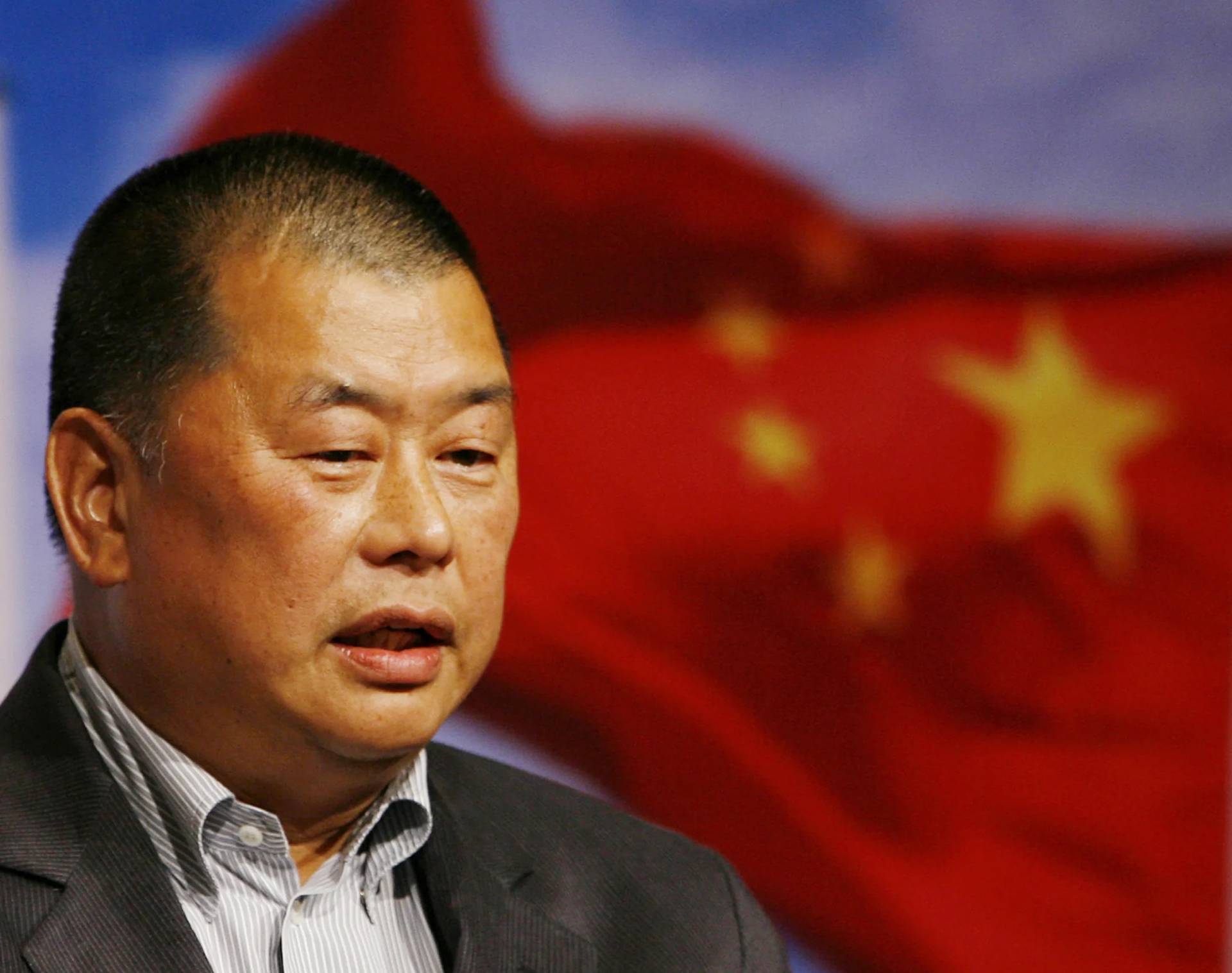ROME – One of the Russian Orthodox Church’s top-ranking clerics has said Pope Francis’s remark earlier this year that their patriarch shouldn’t be a government “altar boy” hurt efforts toward building Christian unity.
Speaking to journalists just after concluding a private conversation with Pope Francis on the margins of a high-profile interfaith summit in Kazakhstan, Russian Orthodox Metropolitan Anthony Sevryuk of Volokolamsk described the conversation as “very cordial.”
The two discussed the presence of the Russian Orthodox community in Kazakhstan, as well as the need to arrange a second meeting between Pope Francis and Russian Orthodox Patriarch Kirill, after the Vatican pulled the plug on a scheduled encounter over the summer.
Kirill and Francis were scheduled to meet in Jerusalem in June, however, the Vatican cancelled the meeting shortly beforehand due to the diplomatic fallout it would have created given Kirill’s vocal support of the war, which he has defended on religious grounds as an opposition to western secularism.
Kirill was also on the original list of attendees of the VII Congress of Leaders of World and Traditional Religions in Nur-Sultan but backed out at the last minute.
Pope Francis is visiting Kazakhstan, which shares a lengthy border with Russia, Sept. 13-15 to attend the congress, and to meet with the country’s small Catholic minority.
In his speech during the congress’s opening session, which was attended by Sevryuk and other representatives of the Russian Orthodox Church, Francis stressed the role religious leaders play in promoting peace, and he appeared to criticize Kirill’s religious defense of the war, saying, “May we never justify violence. May we never allow the sacred to be exploited by the profane.”
“The sacred must never be a prop for power, nor power a prop for the sacred!” he said.
RELATED: With Russian Orthodox listening, Pope urges religious leaders to reject war
After the opening session, Pope Francis held private conversations with seven different representatives present, including Sevryuk, whose meeting with the pope lasted around 15 minutes.
In his remarks to journalists, Sevryuk said the possibility of rescheduling the second meeting between the pope and Kirill was discussed, “but this meeting must be well prepared.”
“We have to see where and when, and the important thing is to have something at the end, some appeal like we did in Havana, because the first encounter in history was very important, the final document was very important,” he said, referring to the pope and Kirill’s first historic meeting in Havana, Cuba in 2016.
Representatives of the Catholic and Russian Orthodox churches hold annual meetings to discuss the issues raised in the joint declaration that was published after the meeting, he said, “so we need to prepare for this meeting and see when it would be possible to have (it).”
Sevryuk said details of the meeting, including a timeline for when it might take place, were not discussed, but he stressed that a second meeting had already been scheduled, “and was then postponed.”
“We worked to prepare the second meeting, but then it was cancelled by the Vatican, so we’ll see what we can do,” he said. “We hope that one day it will be possible to have this meeting still…we must do this with the pope’s collaborators.”
Asked about remarks that Pope Francis made during an interview earlier this year in which he said that Kirill should not become Russian President Vladimir Putin’s “altar boy,” Sevryuk said the remark “was very unexpected.”
“It’s clear that it’s not useful for Christian unity,” he said. “The expression of this kind was a surprise, but we know that we must go forward.”
“This is what’s important, that two religious leaders continue this path to do everything that we Christians can do to help the people, this is what’s most important,” he said.
Since Kirill did not attend the congress, during the congress’s opening session Sevryuk read a prepared message aloud to participants in which Kirill said that post-COVID, “There is no doubt that today humanity is going through one of the most difficult periods of modern history.”
Along with the pandemic, there are also food, economic, and energy concerns, he said, saying these are all problems “caused by attempts to build a world without moral values.”
Kirill said that in the past two decades, “these attempts have brought not only the loss of the concept of justice in international relations, but also bitter clashes, military conflicts, and the spread of terrorism and extremism in different parts of the world.”
“Today, like never before, it is difficult for people to navigate the flow of information, to resist ideological suggestions, to maintain a sober mind and peace of mind,” he said, saying the world has also witnessed “the distortion of historical facts and the unprecedented manipulation of mass consciousness.”
This has happened, he said, because “there is less love, mercy, and compassion in society. More and more often, we listen to and read in the public sphere words full of hatred toward entire peoples, cultures, and religions.”
Kirill cautioned against what he called the “path of dictatorship, rivalry, and confrontation chosen by some governments of this world,” which he said is “bringing humanity to destruction.”
“In these conditions, it is faith that can put people back on their feet and bring them back to the path of dialogue and cooperation, because in traditional religions the fundamental moral principles of human existence remain unshakeable,” he said.
Kirill closed his message voicing gratitude to organizers of the congress and to Kazakh authorities for allowing the world’s most authoritative religious leaders to gather together.
“The possibility of dialogue in the current difficult circumstances is a very precious resource, an important step toward the solution of existing problems,” he said, voicing confidence that “the peaceful dialogue of religious leaders, coupled with their influence on people’s minds and hearts, can and must contribute to overcoming the challenges of our time, harmonizing international relations, and establishing a just world order.”
Follow Elise Ann Allen on Twitter: @eliseannallen













